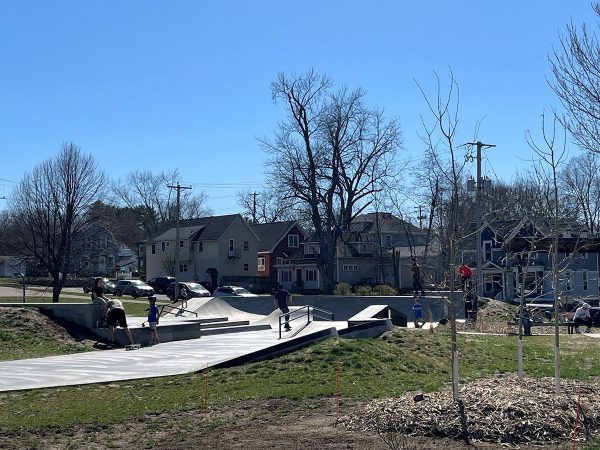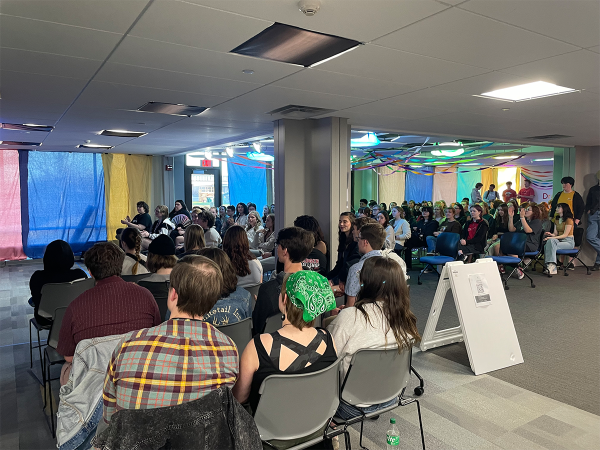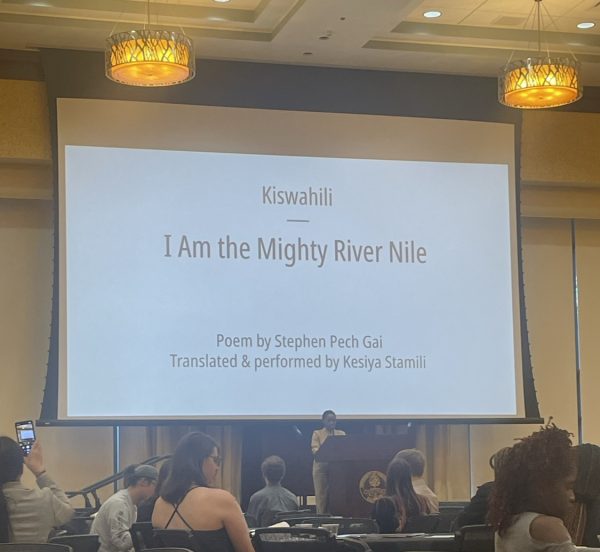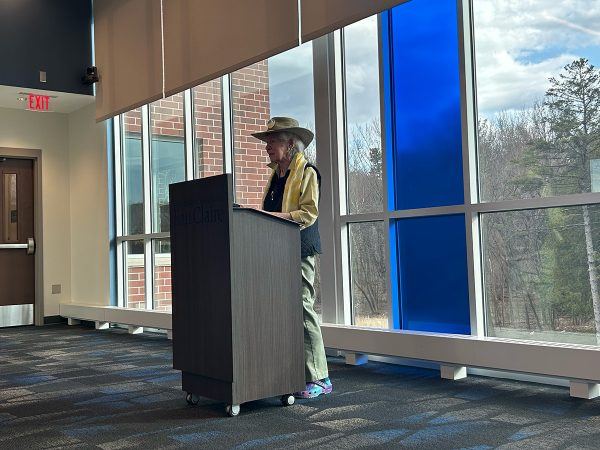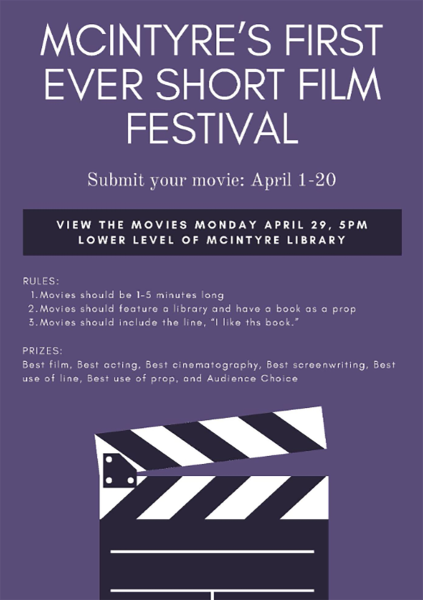Phil’s on the bill
Non-traditional student beginning work on screenplay
January 30, 2014
On December 26, 1862, the largest mass execution in U.S. history occurred in Mankato Minnesota following the end of the U.S. – Dakota War. Thirty-eight Dakota Indians were hanged for their participation in the conflict.
The execution could have been far greater if it was not for the actions of Bishop Henry Benjamin Whipple. A total of 303 Native Americans were sentenced to be hanged but due to the convincing words of Whipple, President Lincoln pardoned 265 of the 303 Native Americans.
In 2011, the story of Bishop Whipple caught the interest of Philip Kaveny, a non-traditional student with a collection of degrees from multiple Wisconsin universities, while he was attending Richard St. Germaine’s Native American history class.
“Something very interesting happened to me while I was in class, it was sort of like a moment,” Kaveny said. “I thought Bishop Whipple did some amazing things, and people should know about him.”
Kaveny said he decided to gather additional information on Bishop Whipple then begin working on a fictional story that would still contain accurate historical information, and upon completion shop the story around as a screenplay.
Kaveny’s resume in artistic and academic productions includes multiple screenplays, films, television, radio and academic papers. He produced in both television and radio in Madison and received national awards for his work, and one of his film productions is even viewable in Mclntyre Library.
Janice Bogstad, Kaveny’s wife and a professor here at UW-Eau Claire, said she and Kaveny have collaborated on many different pieces of work, and all of them were thrilling.
“Part about what is exciting about working with him is he has an amazing memory,” Bogstad said. “ He is a good creative writer, and I am excited to see where he ends up going with his (newest play).”
Kaveny said he wants to tell Bishop Whipple’s story in a way where today’s students can learn to look up
to him. He said to do this his story will open with a college student who is enrolled at Valley State University.
“He is really rich, and used to getting everything he wants,” Kaveny said. “ He’s a character you won’t really like.”
While out at a local bar, the Valley State student is celebrating his 23rd birthday Kaveny said. He goes on to consume a few too many shots, and falls off the bar stool he is seated at, fracturing his skull which knocks him out.
“He then wakes up in 1862 at Fort Snelling Minnesota,” Kaveny said. “Suddenly he is Bishop Whipple’s assistant, and stuck between his time and past time. If he does not accomplish what he was sent back in time to do he will be stuck in Fort Snelling for the remainder of his living life.”
Kaveny said he drew inspiration for the beginning of his story from Mark Twain’s “A Yankee in King Arthur’s Court.”
“This detail allows me to put him in the proximity of the dialogue between Lincoln and Bishop Whipple, where Lincoln is convinced to pardon the Indians,” Kaveny said.
For this part of the narrative, Kaveny said he will bring in facts from Lincoln and Whipple’s interactions.
“This is a way to use art to tell a story I want to tell,” Kaveny said.
Writing a screenplay is rarely a solo act, and Kaveny said he has several people who help him in the process. One of these people is UW-Eau Claire graduate Alissa Wulf, who majored in Religious Studies and Psychology.
“Working with Phillip has been going really well,” Wulf said. “ I look through his work and do a lot of the editing, also if he has ideas about where the story should go he usually runs them by me, and we figure out the best plan of action.”
Wulf said Kaveny is a wonderful writer, and she enjoys the way he brings historical aspects into his stories.
“I’m excited for the whole story to unfold in a creative way like I know he will do,” Wulf said.
Kaveny said he thinks through the artistry of language, you can touch people’s souls. He said with a fun, and insightful script, he can successfully tell Bishop Henry Whipple’s story.
“It is going to be a narrative about empowerment that I try to make interesting through a screenplay, Kaveny said. “I will have the play written by the end of the semester.”

